Formulating a Viable Refugee Policy Essential for Federal Government in Canada
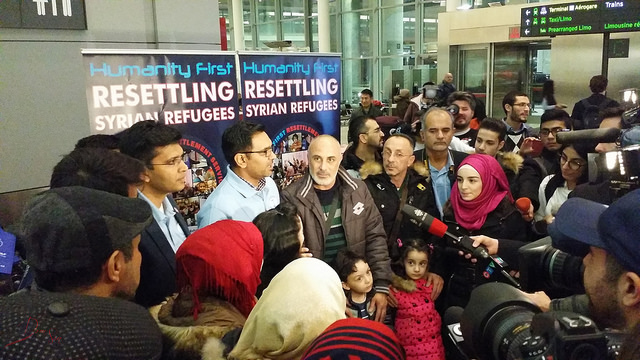
The civil war in Yemen has been continuing for almost a decade, displacing millions of citizens and rendering them homeless. About 24 million people are in desperate need of aid to survive, and the United Nations has declared the situation as the world’s worst humanitarian crisis. Amidst all the chaos, Canada faces a tough dilemma as to how they can respond to the situation. It is a pressing matter which calls for the Canadian government to be better prepared for such crises in the future, for which they need to develop a more sustainable refugee policy.

The Syrian Refugee initiative: Largely successful, yet challenging
About 62,000 Syrian refugees have been welcomed to Canada since 2015, spanning across more than 350 cities. However, a detailed assessment of the overall initiative has also revealed many challenges, mainly regarding the capacity of different provinces in Canada to accommodate and resettle thousands of refugees. Notably, the eastern regions in the country have seen an increase in the occurrence of the inconsistent crossing of borders by refugees. Many refugees have also faced trouble in settling down and accessing a better standard of life.
More Canadian citizens expressing dissatisfaction over the present immigration policies
Canadian government and citizens have mostly been supportive of the country’s acceptance towards immigrants. But as the number of immigrants increased over the past few years, the number of citizens dissatisfied by the immigration policies have also increased. In 2014, 36% of Canadians supported the notion that fewer immigrants should be allowed into the country. This percentage had risen to 49% in 2018. Since the Canadian government has already expressed their desire to increase the number of immigrants, so immigration policies must be improved to keep the citizens satisfied.
Measures to improve refugee settlement policies based on experiences from the Syrian refugee initiative
Considering the stressful scenario of global politics, the increase in public’s concern towards immigrants, and the country’s own physical and administrative resources, there is an urgent need for the federal government to create better immigration and refugee resettlement policies. Canada’s humanitarian efforts are commendable, but it should not come at the cost of growing public unrest and governmental setbacks.
In the 2019 National Public Administration Case Competition, the winning team – students from the School of Public Policy at Simon Fraser University – presented some suggestions to create a sustainable refugee policy. Their presentation was based on the case study of overall outcomes of the Syrian refugee initiative, as well as reports and data from Immigration, Refugees and Citizenship Canada (IRCC) and Immigrant Services Society of BC (ISSofBC). Four major points were brought forth in the presentation.
- Comprehensive Profiling of refugees before admission into the country
The first step towards building a viable refugee resettlement policy is to compile a detailed and thorough profile of refugees. This would mean gathering and categorizing information about the skill set, educational qualifications, lingual proficiency and family structure of the refugees in addition to the current data already being collected. It would provide an explicit layout of the refugees’ needs and abilities, which in turn would facilitate private and public organizations to effectively meet the requirements for their resettlement, employment, and other necessary factors. As a result, there would be less pressure on the authorities during the processing and admission stage.
- Provide private sponsors for more refugees
Supporting more refugees through private sponsors could improve the outcomes of the resettlement process. Privately sponsored refugees have access to better resources and get better support than those sponsored by the government. Thus, they can acclimatize to the socio-economic environment of Canada faster. This was also observed in an evaluation report of the Syrian refugee initiative presented by the Immigrant Services Society of BC. So by linking more refugees with private sponsors, their chances of efficient resettlement would increase, while also reducing the pressure on government and organizations and sparing more community resources for public-sponsored refugees.
An ideal way to increase private sponsorship for refugees is by offering them a blended refugee visa. The blended refugee visa program provides refugees with six months of income support from the government, followed by another six months of support from private sponsors. It would improve the resettlement outcome of refugees while putting less burden on both government and private sponsors.
- Improving refugees’ proficiency in English and/or French
Language plays an important role in the successful resettlement of refugees. Failing to learn the local language will create problems in communication, social interaction, and employment opportunities. During the Syrian refugee initiative, it was observed that many refugees could not attend language classes owing to lack of transportation, firm schedules of classes, or not having access to child care services. It was mostly women refugees who faced these issues frequently. In such cases, creating remotely accessible and flexible programs for language education such as online classes through phones and other devices would assist the refugees in increasing their language proficiency.
- Better communication between the provincial and federal government
Communication is key to the planning and execution of government policies. So there needs to be efficient interaction among the provincial government and between the provincial and federal government. By building an interconnected network of communication, the setbacks, as well as opportunities in different provinces, can be identified. It will help authorities to decide which regions are more favorable for refugee settlement, and which regions are facing problems due to the admission of refugees. Overall, this will help the refugees to be allocated to appropriate locations and also ensure better administration in all provinces.
Canada has constantly maintained a positive image for its humanitarian efforts, and both the government and citizens have always been accepting of and supportive towards immigrants and refugees. Formulating a far-sighted sustainable refugee policy will enable them to continue with this approach and create a positive and uplifting environment for both refugees and citizens in the present and future alike.

 Express Entry Updates for 2025: What Immigrants Need to Know
Express Entry Updates for 2025: What Immigrants Need to Know 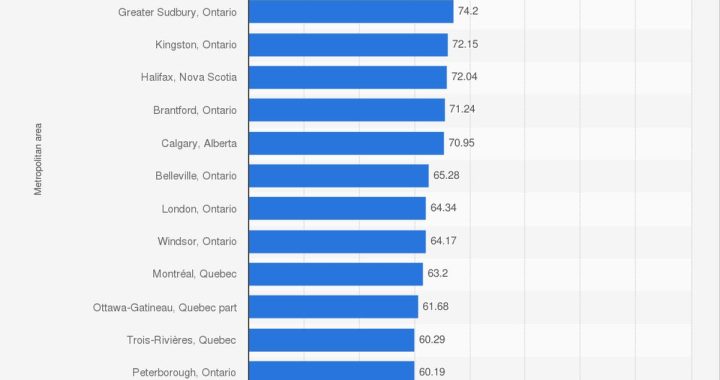 Navigating Challenges: Canadian Cities, with High Crime Rate, moderate Job Opportunities, Where Immigrants May Struggle to Settle
Navigating Challenges: Canadian Cities, with High Crime Rate, moderate Job Opportunities, Where Immigrants May Struggle to Settle 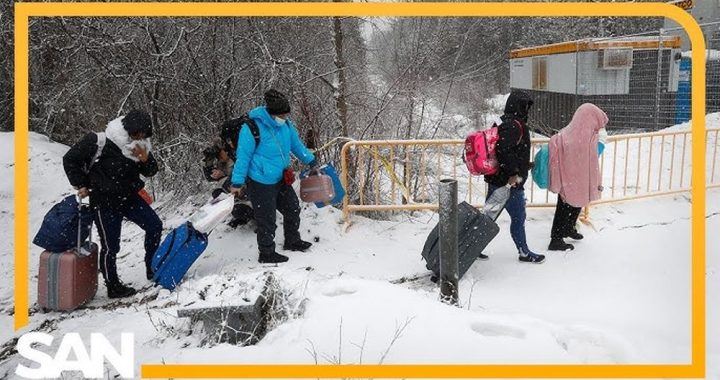 The Shadowy Trade: Understanding Canadian “Coyotes” for Immigration and Protecting Yourself
The Shadowy Trade: Understanding Canadian “Coyotes” for Immigration and Protecting Yourself  Now Canada Can cancel the Travel Visa or Study Permit issued- What You Need to Know About Visa, Work, and Study Permit Cancellations
Now Canada Can cancel the Travel Visa or Study Permit issued- What You Need to Know About Visa, Work, and Study Permit Cancellations 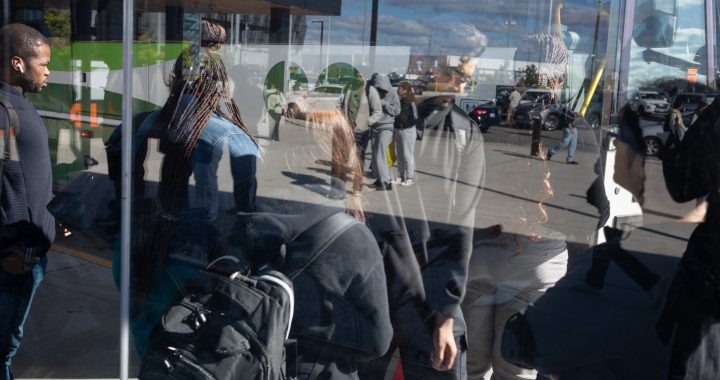 Impact of Anti-Immigrant Sentiment on Canada’s Provinces and Job Sectors
Impact of Anti-Immigrant Sentiment on Canada’s Provinces and Job Sectors 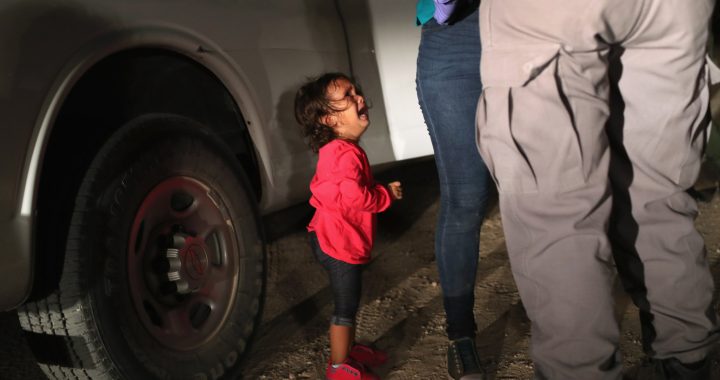 America’s 2025 Deportation Crackdown: Should You Stay or Self-Deport?
America’s 2025 Deportation Crackdown: Should You Stay or Self-Deport?